CERGE-EI is delighted to announce the names of five distinguished academics who have recently joined the Executive and Supervisory Committee (ESC) of CERGE-EI: Christopher Sims (Princeton University), J. Peter Neary (Oxford University), George J. Mailath (University of Pennsylvania), Kevin Miles Murphy (Chicago University), Larry Samuelson (Yale University).
The ESC’s functions include ensuring the introduction and maintenance of the highest academic standards, reviewing institutional finances, supervising the efficient use of available funds, and assisting in developing external funding sources. The ESC is also responsible for certain management functions, including recommending candidates for the directorship of the institution.
Christopher Sims (Princeton University), Nobel Prize Laureate 2011
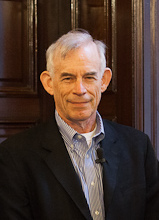 Christopher Sims is a Nobel Laureate and a professor of economics and banking at Princeton University since 1999. In 2012, he served as president of the American Economic Association. In 2011, he was awarded the Nobel Prize along with Thomas Sargent (New York University) for their development of tools to analyze the economic causes and consequences of monetary policy. Their work has revolutionized the field of macroeconomics and is used by central banks and governments around the world.
Christopher Sims is a Nobel Laureate and a professor of economics and banking at Princeton University since 1999. In 2012, he served as president of the American Economic Association. In 2011, he was awarded the Nobel Prize along with Thomas Sargent (New York University) for their development of tools to analyze the economic causes and consequences of monetary policy. Their work has revolutionized the field of macroeconomics and is used by central banks and governments around the world.
Prof. Sims laid the foundations for the theory of ‘rational inattention.’ This rapidly expanding research area stands on the idea that it is costly and difficult for people to process information, Therefore, their decisions and actions do not move smoothly, as is predicted by many other theories, but rather in leaps. Rational inattention theory helps explain many previously inexplicable phenomena in financial and equity markets, and can even be applied to understanding current events in troubled Eurozone countries like Greece and Spain.
Professor Sims visited CERGE-EI in 2012 to participate in an academic conference about rational inattention and related theories. Christopher Sims works closely with CERGE-EI faculty member Filip Matějka.
http://www.princeton.edu/~sims/
George J. Mailath (University of Pennsylvania)
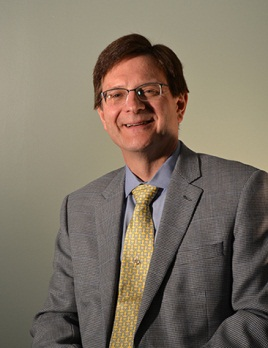 George J. Mailath is Walter H. Annenberg Professor in the Social Sciences and Professor of Economics at the University of Pennsylvania. He obtained his M.A. and Ph.D. degrees from Princeton University.
George J. Mailath is Walter H. Annenberg Professor in the Social Sciences and Professor of Economics at the University of Pennsylvania. He obtained his M.A. and Ph.D. degrees from Princeton University.
Professor Mailath’s recent research focuses on pricing and matching: the role of prices in providing incentives for efficient investments in settings where value is generated by matching agents (such as workers and firms, or buyers and sellers). In earlier work, with Professors Cole and Postlewaite, Professor Mailath showed that under complete information, the presence of many agents on both sides of the market ensures that there is no hold-up problem. Recently, with Professors Postlewaite and Samuelson, he has studied the impact of asymmetric information on pricing and investment behavior, showing that investments will typically be inefficient and describing the nature of these inefficiencies.
http://www.ssc.upenn.edu/~gmailath/
Kevin Miles Murphy (University of Chicago)
 Prof. Murphy joined the Chicago Booth faculty in 1984. He is a fellow of the Econometric Society and an elected member of the American Academy of Arts & Sciences. Murphy was a John Bates Clark Medalist in 1997.
Prof. Murphy joined the Chicago Booth faculty in 1984. He is a fellow of the Econometric Society and an elected member of the American Academy of Arts & Sciences. Murphy was a John Bates Clark Medalist in 1997.
In his research, Prof. Murphy reveals economic forces shaping vital social phenomena such as wage inequality, unemployment, addiction, medical research, and economic growth. His work challenges
preconceived notions and attacks seemingly intractable economic questions, placing them on a sound empirical and theoretical footing. In addition to his position at the University of Chicago, Murphy works as a faculty research associate for the National Bureau of Economic Research. He primarily studies the empirical analysis of inequality, unemployment, and relative wages as well as the economics of growth and development and the economic value of improvements in health and longevity.
In 2007, Murphy and fellow Chicago Booth faculty member Robert Topel won the Kenneth J. Arrow Award for the best research paper in health economics for “The Value of Health and Longevity,” published in the Journal of Political Economy. The award is given annually by the International Health Economics Association.
Prof. Murphy is also the author of two books and many academic articles. His writing also has been published in numerous mainstream publications including the Boston Globe, the New York Times, the Chicago Tribune, and two Wall Street Journal articles coauthored by Nobel laureate Gary Becker.
http://economics.uchicago.edu/facstaff/murphy.shtml
J. Peter Neary (Oxford University)
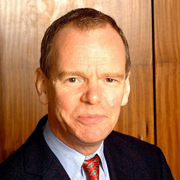 Peter Neary is Professor of Economics at Oxford University and a Professorial Fellow of Merton College. He was an editor of the European Economic Review from 1986 to 1990 and has served on a number of other editorial boards. He was President of the European Economic Association in 2002, and played a leading role in establishing the Journal of the European Economic Association.
Peter Neary is Professor of Economics at Oxford University and a Professorial Fellow of Merton College. He was an editor of the European Economic Review from 1986 to 1990 and has served on a number of other editorial boards. He was President of the European Economic Association in 2002, and played a leading role in establishing the Journal of the European Economic Association.
His main research field is international trade theory, where he has worked on short- to long-run adjustment, the economics of resource-rich economies (especially the “Dutch Disease”), trade and industrial policy, and the implications of imperfect competition (especially oligopoly) for trade and globalization, among other topics. He has also written on consumer theory (including rationing and index numbers), industrial organization (including the economics of research and development), and macroeconomics (including international macro theory and Irish economic policy).
http://users.ox.ac.uk/~econ0211/
Larry Samuelson (Yale University)
 Larry Samuelson’s research focuses on microeconomic theory, game theory, and the evolutionary foundations of economic behavior. Samuelson joined the Yale faculty in 2008. He became a member of the American Academy of Arts and Sciences in 2011 and a Fellow of the Econometric Society in 1994. He has served on the editorial boards of a number of journals, including Econometrica, Economic Theory, and the Journal of Economic Theory.
Larry Samuelson’s research focuses on microeconomic theory, game theory, and the evolutionary foundations of economic behavior. Samuelson joined the Yale faculty in 2008. He became a member of the American Academy of Arts and Sciences in 2011 and a Fellow of the Econometric Society in 1994. He has served on the editorial boards of a number of journals, including Econometrica, Economic Theory, and the Journal of Economic Theory.
Samuelson is widely known for his unconventional ways of thinking about economics. “ Economic theory has long emphasized impersonal market forces,” he says. “My work seeks to inject a more personal element into economic theory.” Using game theory as a research tool, Samuelson studies strategic interactions in which many individuals have an impact on outcomes and recognize how their actions affect others. He also looks at how people use personalized relationships, as opposed to anonymous markets, to allocate resources. Samuelson is the author of two books, Evolutionary Games and Equilibrium Selection and Repeated Games and Reputations: Long-Run Relationships, with George J. Mailath, as well as many articles and book chapters.
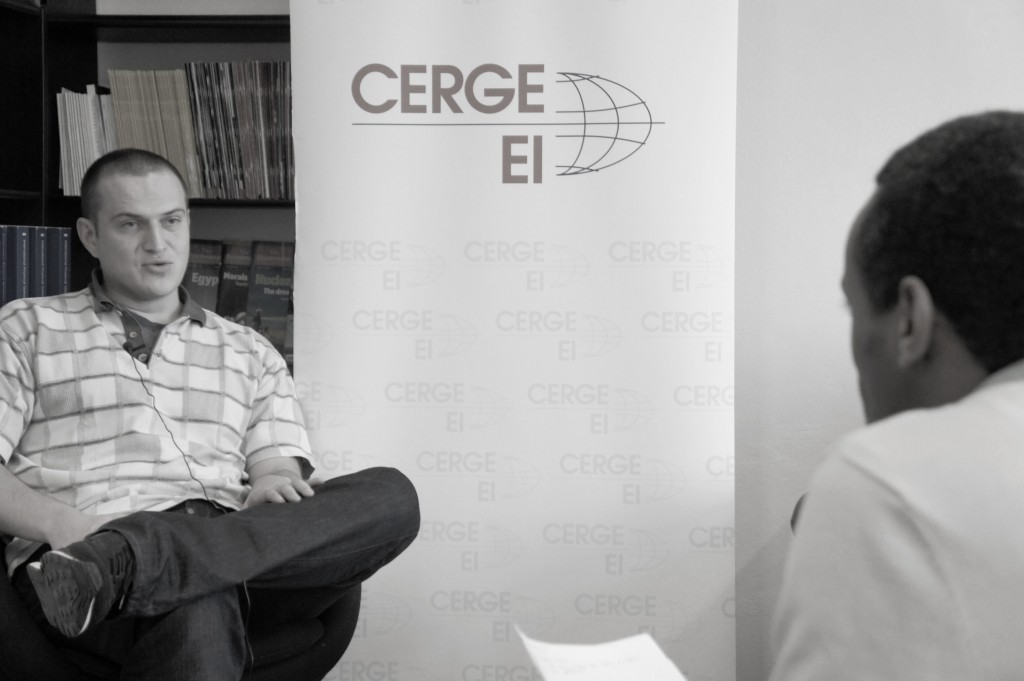
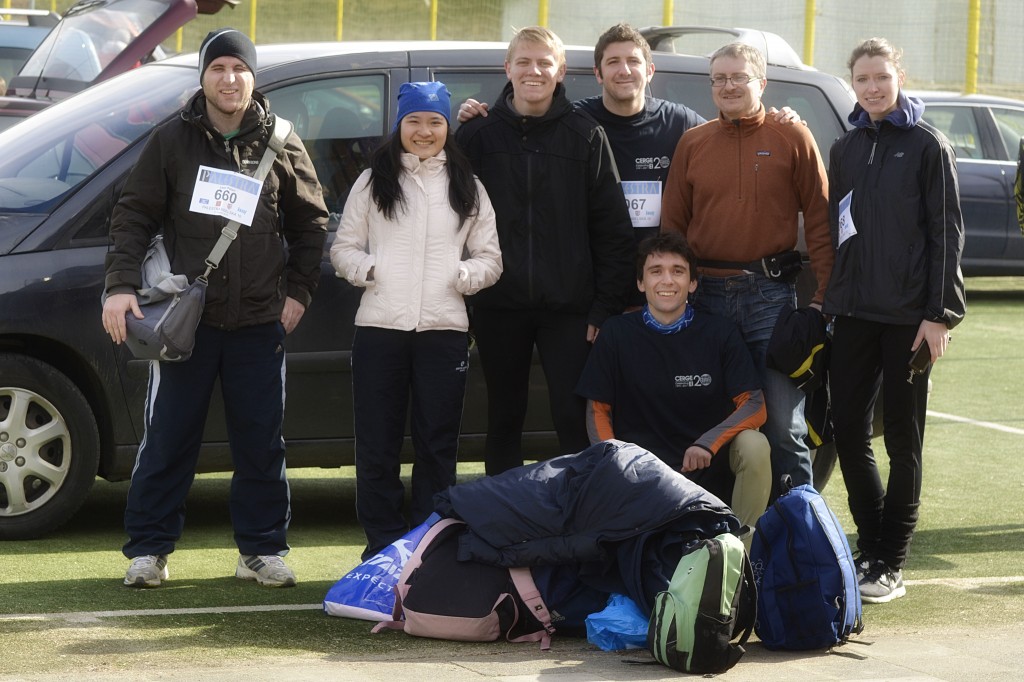


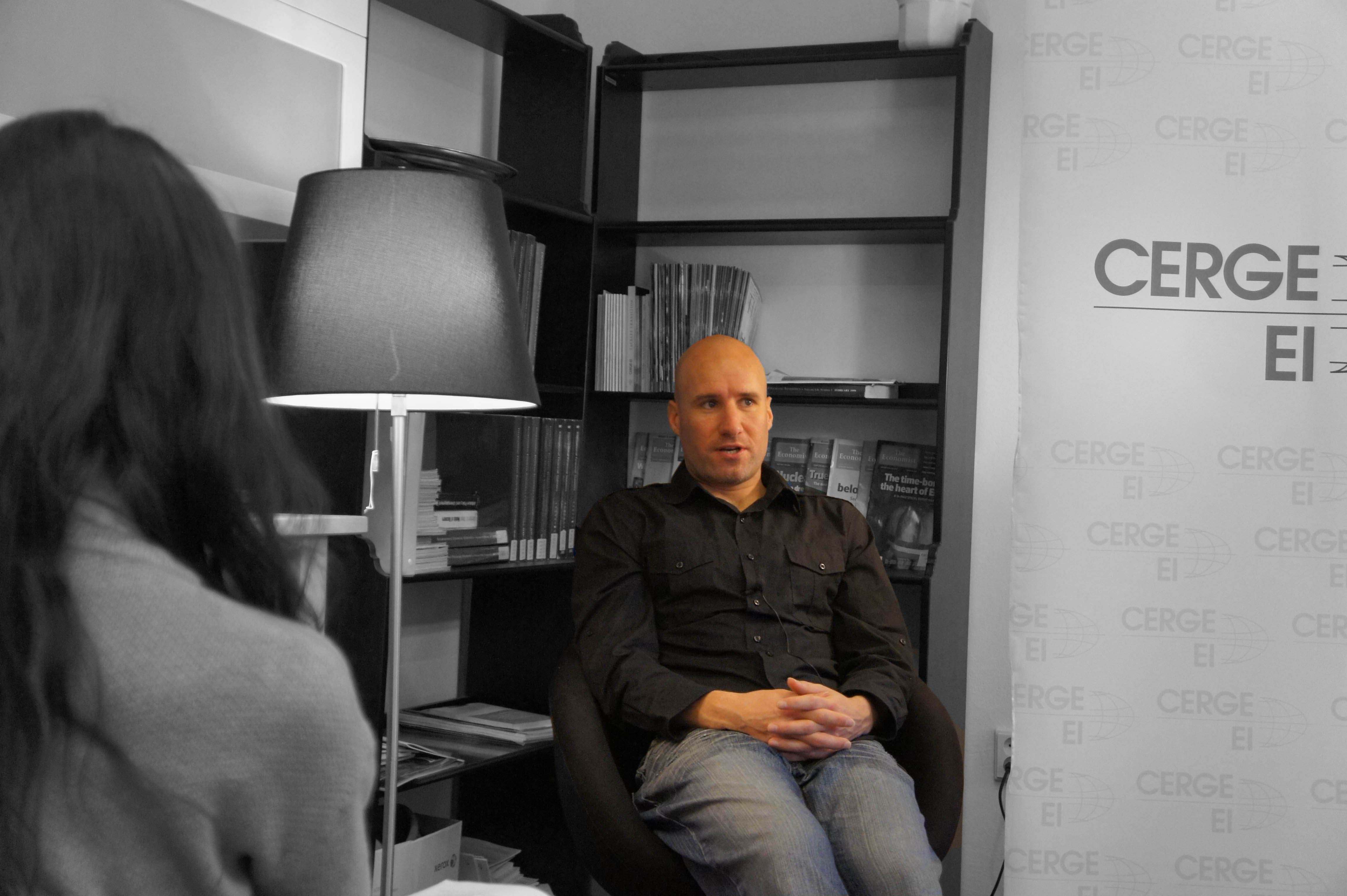 So this research can be applied quite generally?
So this research can be applied quite generally?
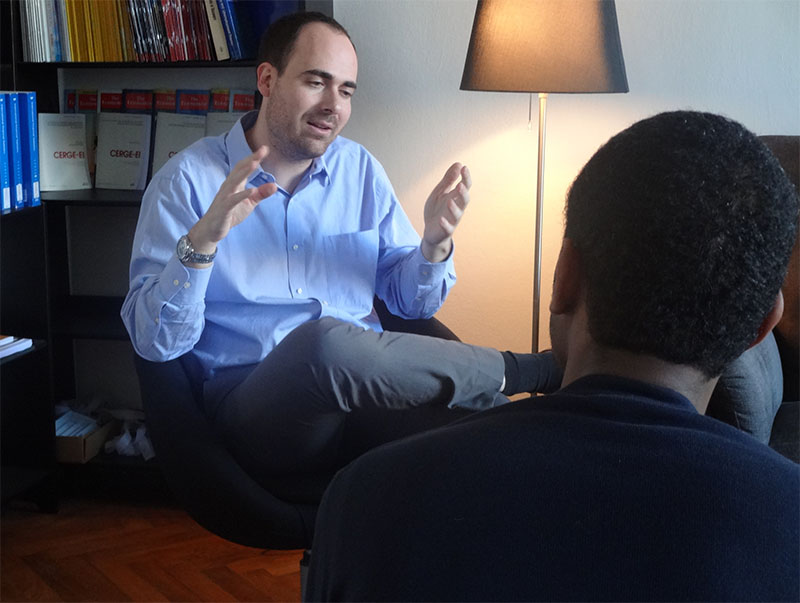

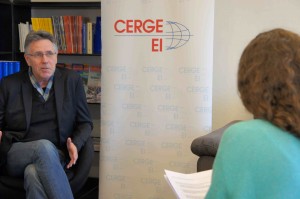 You are interested in experimental and behavioral economics. Why did you choose this field and who influenced your decision?
You are interested in experimental and behavioral economics. Why did you choose this field and who influenced your decision?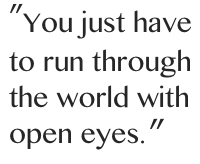

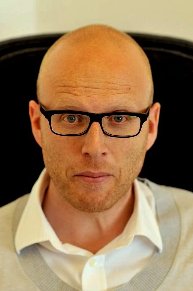 Why did you choose to become an economist?
Why did you choose to become an economist?